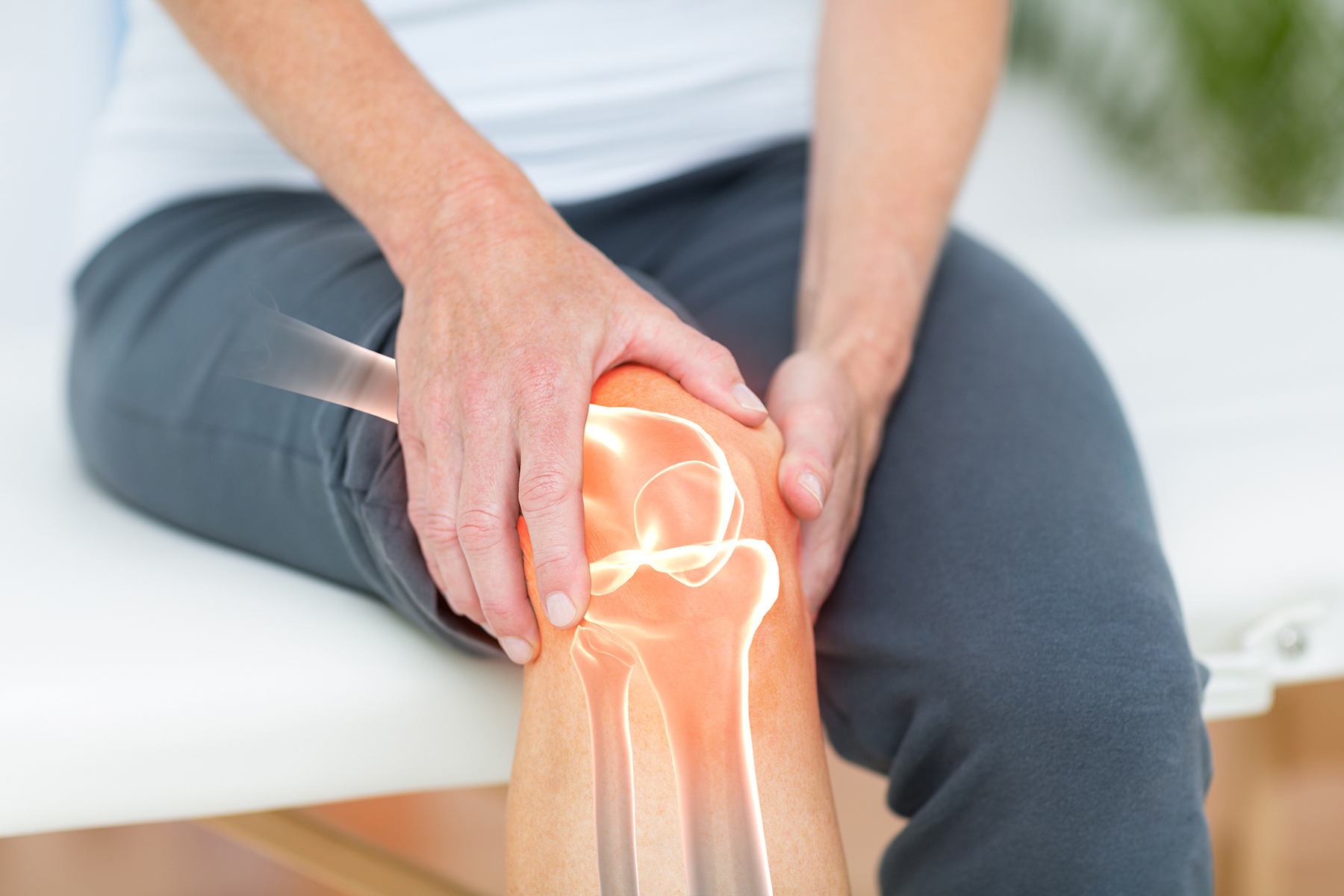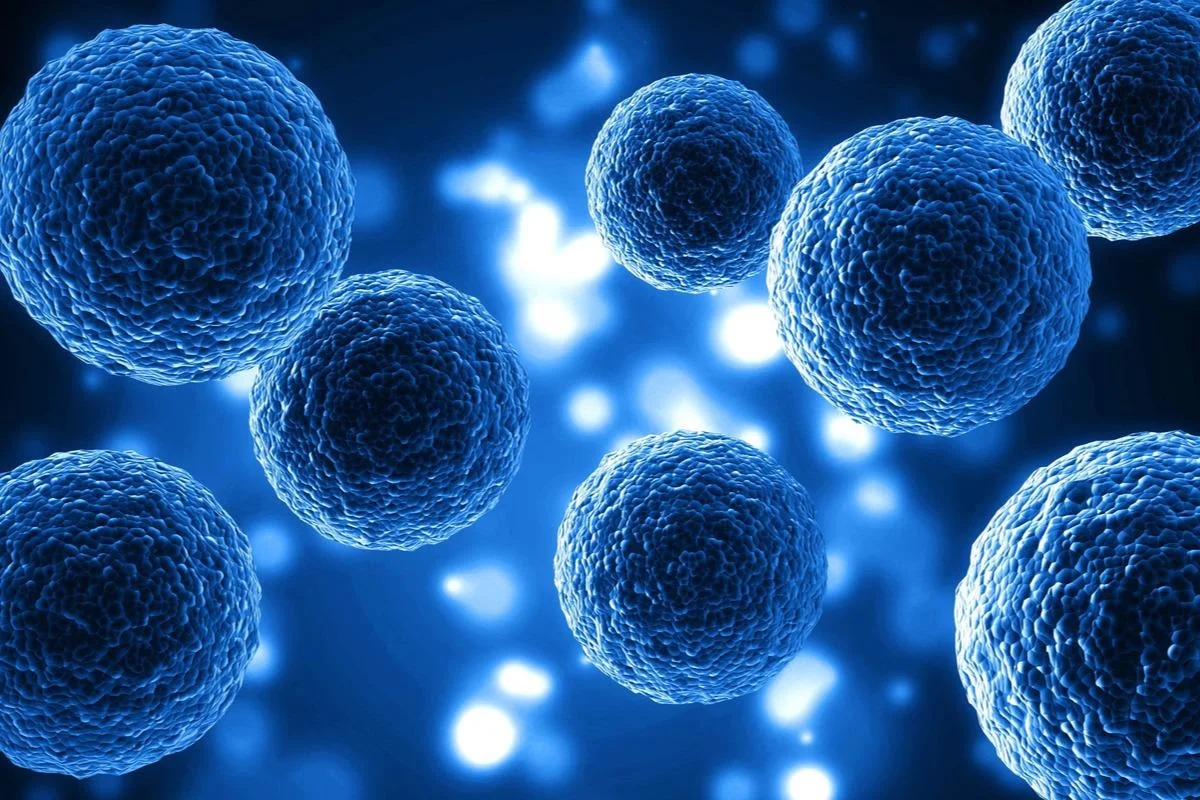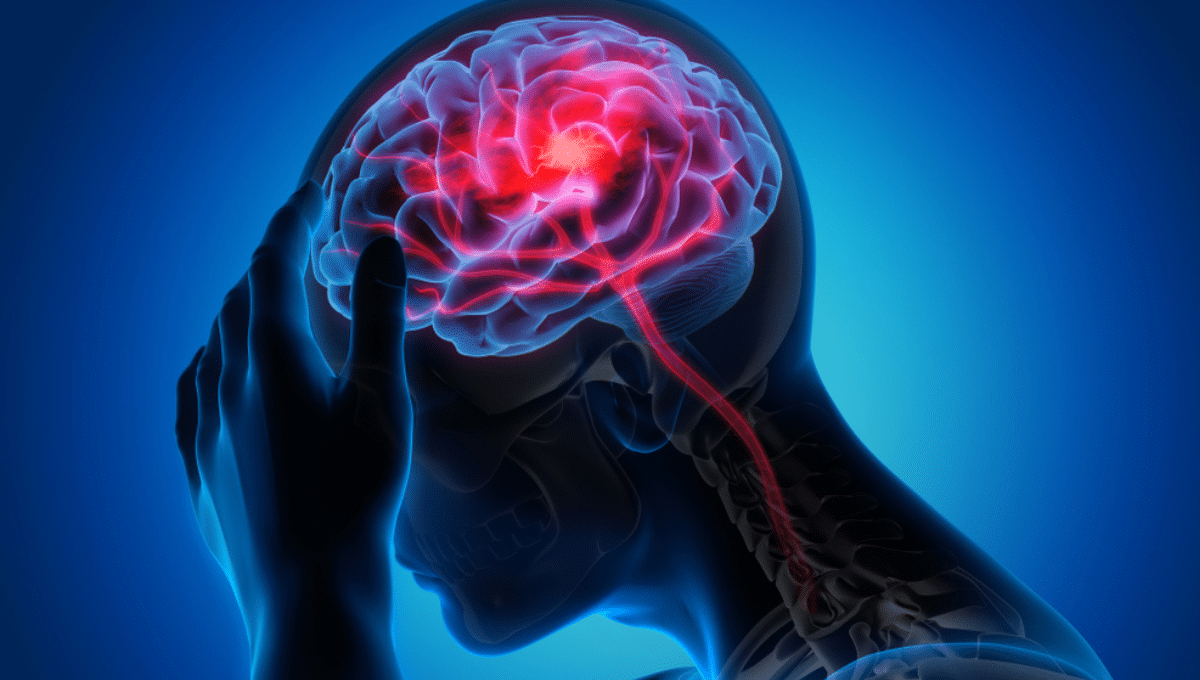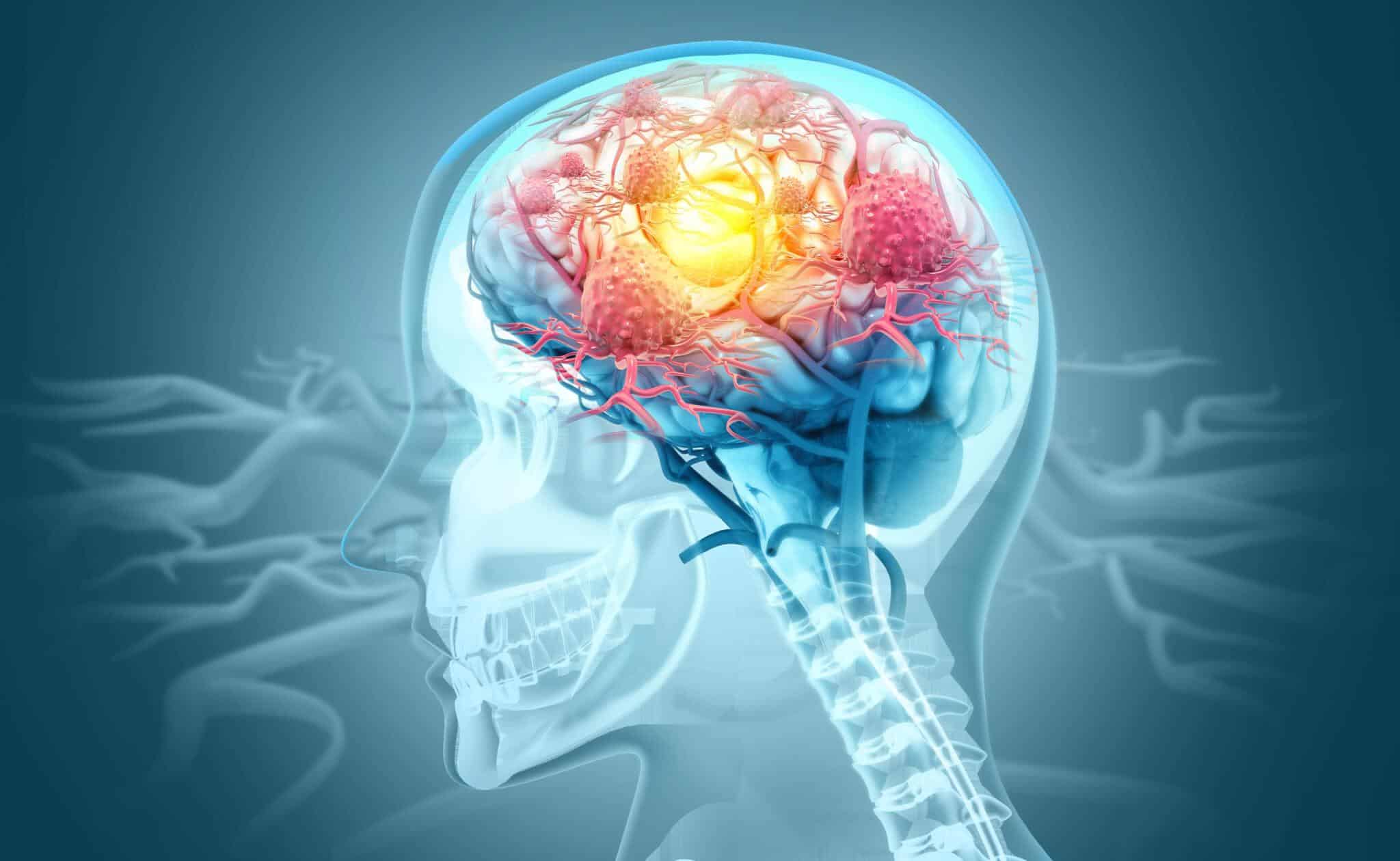- Home
- About Us
- Book Appointment
- Treatments
- Alzheimer’s Disease
- Anti-Aging
- Autism
- Autoimmune Disorders
- Back Pain
- COPD
- Crohns Disease And Ulcerative Colitis
- Erectile dysfunction and Penis enlargement
- Fibromyalgia
- Hip Pain
- Knee Pain
- Lupus
- Lyme Disease
- Multiple Sclerosis
- Muscular dystrophy
- Parkinsons Disease
- Peripheral And Diabetic Neuropathy
- Post Cancer Treatments
- Post Stroke Recovery
- Psoriasis
- Rheumatoid Arthritis
- Shoulder Pain
- Join The Club
- Aesthetics
- Blog
- Contact Us
Stem Cell Therapy For Inflammatory Bowel Disease
Stem cell treatment for Crohn’s disease and Ulcerative Colitis, combinedly called IBD, is recognized as an emerging and advanced treatment option by experienced IBD specialists. Inflammatory bowel disease is a chronic and long-standing inflammation of the digestive tract. Suffering from this debilitating condition for a long time can result in life-threatening complications, impacting the overall quality of life. Patients with chronic ulcerative colitis or Crohn’s disease receiving Mesenchymal stem cell therapy have shown remarkable improvements in reducing inflammation, improving bowel habits, and mucosal healing. Stem cells, with their regenerative and renewal properties, promote tissue repair and restore a healthy gut.
Know More About Crohns Disease And Ulcerative Colitis
Learn in detail about Inflammatory Bowel Disease (IBD), its types, causes, symptoms, stem cell therapy procedure, and expected results.
Inflammatory Bowel Disease (IBD) is a chronic health condition inflicting millions of people around the world. There are two types of IBD – Ulcerative Colitis and Crohn’s Disease and both involve inflammation of tissues in the digestive tract, causing stomach pain, diarrhea, rectal bleeding, and more. If left untreated for a long time, IBD can cause severe complications in patients and damage parts of the intestine.
Ulcerative colitis – This is an inflammatory condition causing ulcers (sores) and inflammation along the wall of the large intestine or colon and rectum. It also affects the covering of the inner surface of the patient’s digestive tract, causing swelling, abdominal pain, bleeding, sores, and irritation in the mucosa (layer covering the intestine’s inner surface).
Crohn’s Disease – This type of Inflammatory Bowel Disease (IBD) causes inflammation of the lining of the intestine or digestive tract. Sometimes, the deeper layers of the gastrointestinal (GI) tract are affected. In Crohn’s disease, inflammation can extend from your mouth down to the stomach and then to the anus.
Both types of inflammatory bowel disease have adverse effects on the patient’s everyday routine and food consumption. This prolonged result of inflammation and damage to the Gastrointestinal tract can have an overwhelming impact on your body as well as on your emotional health. So, it is advised to see a doctor if you start experiencing mild symptoms of IBD.
For some, IBD is some sort of mild illness and they tend to ignore the symptoms. IBD, if left untreated for a prolonged time, can adversely impact the quality of life.
Ulcerative Colitis and Crohn’s disease have a few common symptoms which are abdominal pain, diarrhea, and bloating. The symptoms vary from patient to patient, based on the severity of the IBD and the affected area. There might be periods of serious illness with severe symptoms followed by remission periods.
Ulcerative colitis – It is characterized by ulcers and inflammation in the walls of the large intestine or colon. The symptoms include –
- Pain and cramps in the abdomen
- Bloating
- Blood in stool
- Anemia
- Fever
- Loss of appetite
- Fatigue
- Weight loss
Crohn’s Disease – It is characterized by inflammation or swelling of tissues in the digestive tract. The symptoms include –
- Pain in the lower abdomen
- Pain in rectum
- Bloating
- Bowel obstruction
- Vomiting
- Nausea
- Fatigue and fever
- Weight loss
Although the factors that trigger Inflammatory Bowel Disease are still unknown, primary studies on Gastrointestinal diseases indicate that the cause of IBD is the weak immune system. However, other factors also trigger the symptoms of IBD.
Other causes that are the triggers of Inflammatory Bowel Disease are –
- Family history – Those who have family members already suffering from IBD are likely to get the disease because genetic components play a big role as the cause of developing ulcerative colitis or Crohn’s disease.
- Ethical background – IBDs are more common in developed countries and urban surroundings like Eastern Europe, and East and South Asian countries like Japan, India, and South Korea.
- Age Factor – Age plays a crucial trigger for the onset of symptoms of Crohn’s disease and Ulcerative Colitis. In both males and females, 15 to 30 age is the period when most individuals are affected.
- Smoking and alcohol consumption – Excessive smoking and drinking alcohol also act as a triggering factor in patients with IBD.
- Food consumption habits – Excessive animal protein or fat, oily and spicy food, dairy products, nuts, seeds, and processed foods, can be the reasons for an individual to develop IBD.
Since the common symptoms of the two types of Inflammatory Bowel Disease (IBD) are abdominal pain, diarrhea, decreased appetite, weight loss, fever, and fatigue, most patients tend to ignore it initially thinking it is some mild gastric or digestive problem. In the majority of cases, the symptoms appear and subside and then again there are periods of flare-ups. This is a common characteristic of this disorder.
Instead of ignoring the signs, you should see a doctor if you notice a persistent change in bowel habits or any other symptoms mentioned above. For accurate diagnosis and a clear view of the Gastrointestinal tract, your doctor might suggest physical examinations like endoscopy, colonoscopy, etc.
At Life Altering Stem Cell Therapy Institute, we assist patients with the diagnosis of IBD and ask them to submit an online application form by entering all the details. These include current symptoms, how long the patient is going through the symptoms, any past ailments, surgeries, pre-existing health disorders, cancer and chemotherapy history, allergies, etc.
We need to determine whether you are an eligible candidate for stem cell therapy for Inflammatory Bowel Disease. For this, we need to know the comprehensive details about your health status and understand better whether you are capable of receiving stem cells. So, it is important to maintain 100% transparency while sharing your medical history and other details with us.
Mesenchymal stem cells (MSCs) derived from the human umbilical cord tissues (Wharton’s Jelly) are used in leading IBD treatment centers for stem cell therapy. They are multipotent stem cells capable of differentiating into multiple cell types after entering the body. Hence, they promote tissue repair and regeneration and also regulate the immune system. MSCs also stimulate growth factors and produce multiple cytokines which are effective in reducing inflammation and repairing damaged tissues. These distinctive properties of MSCs make stem cell therapy a potential candidate for treating Ulcerative Colitis and Crohn’s disease.
The benefits of stem cell therapy for IBD are –
- With their immunomodulatory properties, the stem cells suppress the activities of the T cells and B cells and modulate the immune response.
- It promotes the activities of regulatory T cells and reduces inflammation in the gut or gastrointestinal tract.
- It is a safe and effective treatment option involving a less invasive process.
- The human umbilical cord is the biggest source of best quality stem cells used in the treatment of various diseases including IBD.
- Human umbilical cord tissue-derived stem cells (HUCT-MSCs) are immune-system privileged and hence, there is no chance for cell rejection.
Stem cells can be administered into the patient’s body through various methods, out of which intravenous injection is the most common one. The method for stem cell administration is decided on the basis of the patient’s health condition, age, weight, and the type of lesion. However, the efficacy and safety are almost the same for all types of methods.
Once our medical team and stem cell specialist find that you are a suitable stem cell candidate, our patient coordinators will connect with you to schedule your treatment. They will also explain the process of our advanced, personalized, and compassionate IBD treatment with stem cells. The total duration of your personalized treatment may range from 3 to 5 days or as deemed fit by the doctor.
Numerous studies and medical research have investigated the exemplary capabilities of stem cell therapy to lower inflammation and pain. It has shown promising results in alleviating symptoms of Inflammatory Bowel Disease and reducing the risk of its progression. As per the opinions of experts, there is nothing more powerful than stem cell therapy to reverse the damage done by IBD on the tissues in the gastrointestinal tract.
Our patients injected with human umbilical cord tissue-derived mesenchymal stem cells (HUCT-MSCs) have shown a great degree of improvement. Stem cell therapy not only slows the disease progression but also strengthens the body’s immune or defense system.
Although the efficacy of stem cell treatment for IBD is very high, you need to understand that the success rate is directly associated with the patient’s age, patient’s condition, and how long the patient has been suffering from IBD.
Are you seeking safe, effective, and proven stem cell therapy for IBD in Mexico? Then Life Altering Stem Cell Therapy Institute is your ultimate destination. Schedule a consultation today and get personalized treatment and holistic care.
We believe that every patient deserves access to safe, affordable, and effective treatment and medical facilities. With this belief, we aim to provide pioneering treatment and compassionate care to our patients at Life Altering Stem Cell Therapy Institute.
We have a specialized team of stem cell experts who follow the best treatment protocol to treat Crohn’s disease and Ulcerative Colitis. We customized our treatment process based on the patient’s needs. We wish to be a part of our patient’s transformative journey by empowering them, offering them top-notch care, and improving their quality of life.
Stem cell therapy for IBD is an innovative and relatively new development in the medical field but has gained immense popularity in the last decade. Individuals suffering from Crohn’s disease and Ulcerative Colitis now seem to be quite hopeful because stem cells have the potential to treat and provide relief which conventional medicines fail to do.
The cost for stem cell therapy at Life Altering Stem Cell Therapy Institute in Mexico is very reasonable and we provide comprehensive care and support till the time our patients start feeling better and are able to fight off the symptoms of IBD.
Our prices are significantly influenced by the following factors –
- Type and severity of the IBD condition
- Physical statistics or health status of the patient
- Patient’s medical history
- Required number of stem cell injections
Our treatment process is not just limited to three to five days of receiving stem cell therapy. It extends beyond the duration of the treatment course as we keep on checking on our patients regularly even after they return home. After stem cells have been administered, our follow-up team remains in continuous contact with our patients to check the status of the treatment progress and also guide them toward a healthy and speedy recovery.
In general, we will call you after one month, two months, three months, and six months, to see the improvement and how well you are doing. During our follow-up sessions, you are free to ask any questions, clear all your doubts, seek advice, and share your feedback regarding the treatment at our facility. This will help us enhance our service and refine our conventions.
Medical Research And Articles
Know everything about stem cells and the recent advancements in the field of stem cell research in our latest articles.
Frequently Asked Questions
You probably may have questions regarding stem cell therapy for IBD. We’re here to answer them!
Can stem cell therapy cure Crohn’s disease?
Most patients receiving stem cell treatment have reported that their quality of life has improved after the therapy. Also, various studies and reports on Crohn’s disease reveal that more than 70% of the patients have no signs of IBD and are still in remission one year after the treatment.
Do stem cells reduce inflammation in the Gastrointestinal tract?
Yes, stem cells have been of great help for IBD patients because human umbilical cord tissue-derived mesenchymal stem cells (HUCT-MSCs) have regenerative capabilities, using which they restore and repair the damaged tissues of the gut lining and regulate the immune system response. As a consequence of this, patients get relief from inflammation, abdominal pain, cramps, and rectal bleeding.
Is ulcerative colitis a hereditary or genetic disease?
Although the exact cause of Ulcerative colitis is unknown, it is more common in patients having a family history of colitis. However, there is no proof of absolute genetic transition but it has been observed that about 10-25% of people diagnosed with UC either have a parent or a sibling with Inflammatory Bowel Disease.
What lifestyle modifications are necessary for Inflammatory Bowel Disease?
Besides stem cell therapy, several changes in your everyday lifestyles can be effective in managing IBD symptoms and these include regular exercise, adequate sleep, and stress and anxiety reduction. Following these can significantly enhance the quality of life of the patients suffering from IBD.
What are the other health conditions that stem cell therapy can treat?
At our stem cell therapy clinic in Mexico, we offer treatment facilities for a wide range of chronic orthopedic conditions like knee pain, back pain & spinal damage, shoulder pain, and hip pain caused due to sports injuries or other reasons. Stem cells are also used for treating autoimmune disorders such as rheumatoid arthritis, lupus, multiple sclerosis, etc. Apart from these, you can also utilize the potential of stem cells for treating aging issues, skin inflammation, erectile dysfunction, and post-cancer and stroke recovery.











